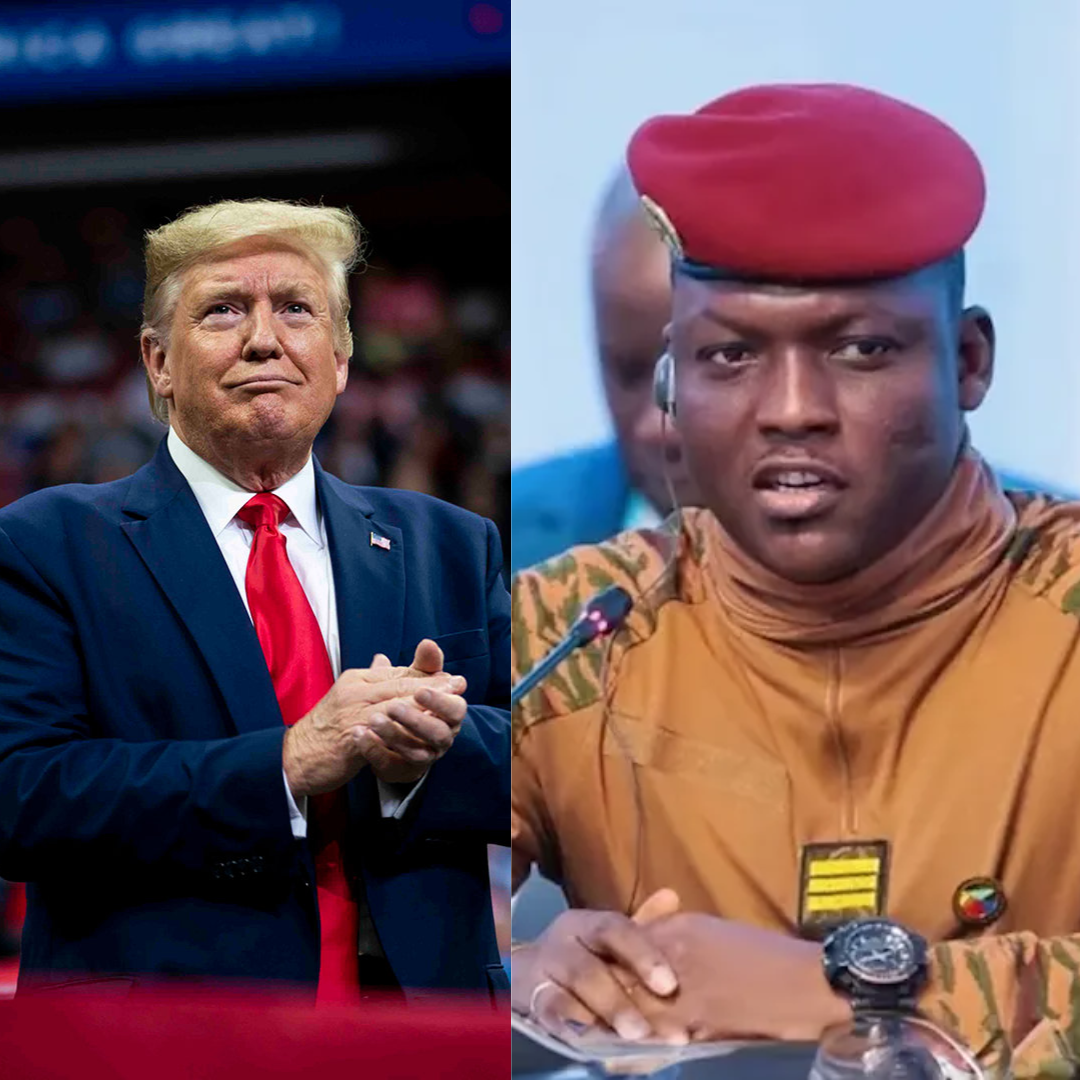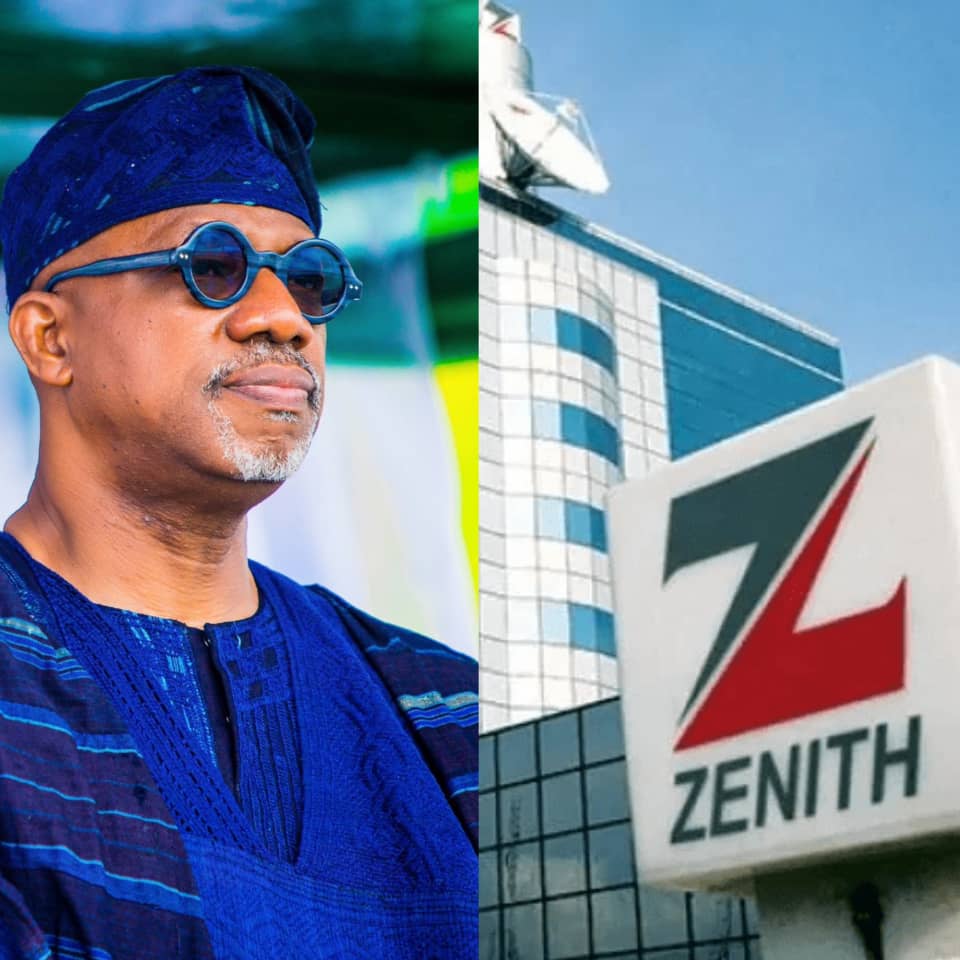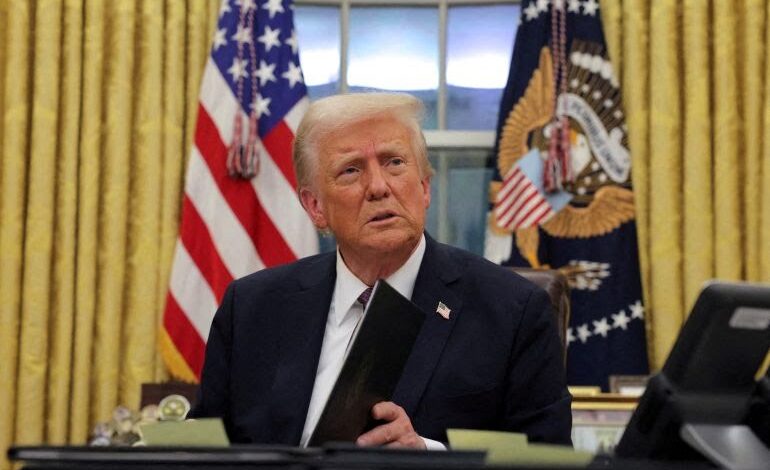Burkina Faso Rebukes Trump’s Deportation Proposal: “We’re Not a Dumping Ground”

Burkina Faso has rejected a proposal from the administration of former U.S. President Donald Trump seeking to return deportees — including non-citizens — to the West African Nation, describing the offer as “indecent” and contrary to the Country’s dignity.
Foreign Minister Karamoko Jean-Marie Traoré, speaking on National television, said the Government would not accept any arrangement that turns Burkina Faso into a disposal point for individuals expelled from the United States.
“Burkina Faso is not a dumping ground. This proposal runs against our values and our vision under Captain Ibrahim Traoré’s leadership,” he said.
The move follows reports that Washington approached several African nations, including Eswatini, Ghana, Rwanda and South Sudan, to host individuals deported under its tightened immigration policies.
Visa Suspension Fuels Diplomatic Tension
The diplomatic tension intensified after the U.S. Embassy in Ouagadougou suspended visa services for Burkinabè citizens, directing applicants to neighbouring Togo.
Traoré questioned the motive behind the action, suggesting it could be a form of diplomatic pressure.
“Is this blackmail? Whatever it is, Burkina Faso stands for dignity and sovereignty,” he added.
The Government has not publicly commented on Burkina Faso’s position, but officials familiar with the matter said Washington had been exploring “migration partnership agreements” with several African states to facilitate deportations.
Since Captain Ibrahim Traoré seized power in 2022, Burkina Faso has pursued an assertive foreign policy focused on independence and resistance to Western influence.
The junta has cut military ties with France and sought closer security cooperation with Russia and other non-Western allies.
Analysts say the government’s latest stance reinforces that posture and could embolden other African nations resisting similar U.S. arrangements.
“This is consistent with the broader message of reclaiming sovereignty,” said a political analyst in Ouagadougou.
“The Government wants to be seen as standing tall against foreign pressure.”
The disagreement risks straining relations between both countries, already tested by the embassy’s visa restrictions.
It may also complicate Washington’s broader efforts to negotiate repatriation deals across Africa as part of its immigration enforcement agenda.
Human rights groups have repeatedly criticised the third-Country deportation policy, warning that such deals could violate migrants’ rights and place undue burdens on fragile host Nations.
For Burkina Faso, however, the issue appears settled.
“Our people’s dignity is not for negotiation,” Foreign Minister Traoré said firmly.



